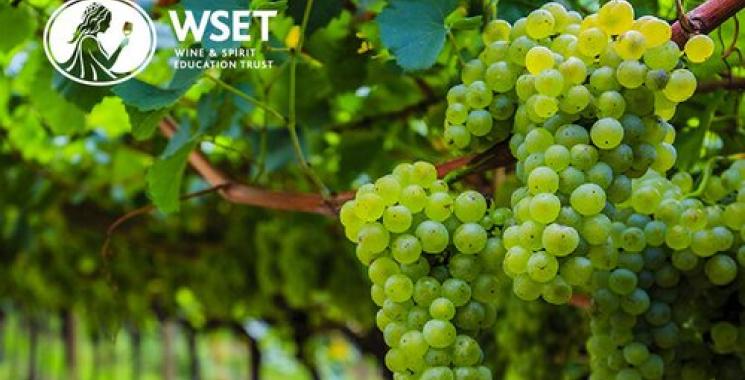14 Apr 2022
Free biological control of insect pests? Yes, please!
| 2018 ASVO Seminar; Frontline pest and disease management for healthy vineyards | |
| Free biological control of insect pests? Yes, please!Dr Mary Retallack, Retallack Viticulture |
| We evaluated three native plants Christmas bush, Bursaria spinosa, prickly tea-tree, Leptospermum continentale, and wallaby grass, Rytidosperma ssp. to determine their capacity to provide insectary benefits to predatory arthropods in and around vineyards, and thereby to enhance biological control of insect pests. Establishing insectary plants could substantially reduce, or eliminate, the need for insecticides by boosting the abundance of predators. Native plants are preferred as supplementary flora, as they are naturally adapted to Australia’s conditions. A total of 27,091 individual invertebrate specimens were collected, comprising 20 orders and 287 morphospecies. The difference between the diversity of predator and herbivore morphospecies on each plant was highest on Rytidosperma ssp. (2.18:1 predators: herbivores), followed by L. continentale (2.10:1), V. vinifera (1.83:1) and B. spinosa (1.64:1). Predatory arthropods dominated the diversity of morphospecies present on each plant. We found that these native insectary plants have the potential to be used in association with Australian vineyards, as they support populations of predatory arthropods throughout the year and are naturally adapted to all of the major wine growing regions within Australia. They were not found to be breeding sites for vineyard herbivores and are not considered a threat when planting them in or around mature vineyards. This study confirms associations between predatory arthropods and three native plants. The opportunity to plant selected native insectary species could help wine grape growers produce fruit with lower insecticide inputs, while enhancing biodiversity and resilience of their vineyards. | |













